Plastic spoons, an everyday item typically taken for granted, play a crucial role in various industries, including restaurants, catering services, food packaging, and even household kitchens. With a wide range of plastic spoon types available, it’s important for businesses to choose the perfect option that meets their specific needs. In this article, we will provide you with a comprehensive guide to understanding different plastic spoon types to help you make an informed decision for your business. 1. Basic Plastic Spoons: Basic plastic spoons, also known as standard or economy spoons, are the most common type found in restaurants, fast-food chains, and food trucks. They are typically made from lightweight and cost-effective materials such as polystyrene (PS) or polypropylene (PP). Basic plastic spoons are suitable for general use, from stirring beverages to serving small food portions.
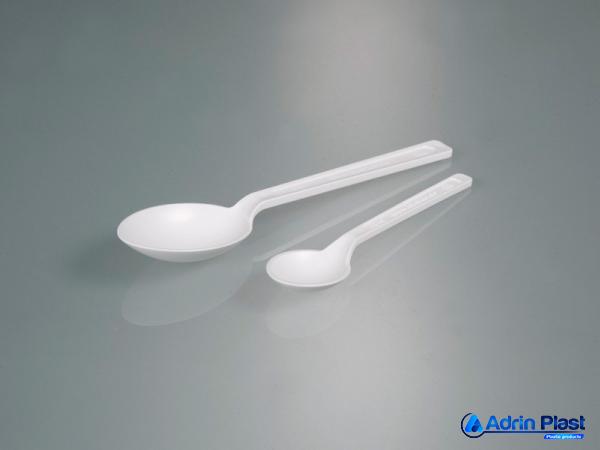
.
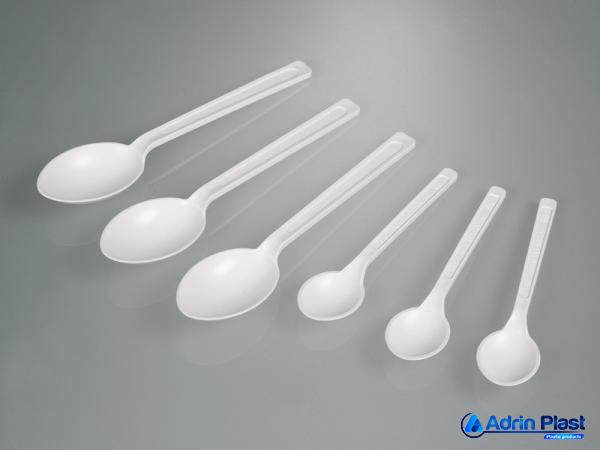 2. Heavyweight Plastic Spoons: Compared to basic plastic spoons, heavyweight plastic spoons offer a higher level of durability and sturdiness. These spoons are crafted using thicker and stronger plastic materials, making them ideal for more dense and heavier food items. They are often preferred in settings such as catering events or restaurants that serve heartier dishes, ensuring a comfortable and reliable dining experience. 3. Disposable Plastic Spoons: Disposable plastic spoons, as the name suggests, are intended for single-use purposes and are perfect for take-out or food delivery services. Made from thin, lightweight plastics like polyethylene (PE) or polypropylene (PP), they provide the convenience of quick and hassle-free cleanup after use. Disposable plastic spoons are available in a wide range of sizes, from smaller options for condiments to larger options for soups and desserts. 4. Ecologically Friendly Spoons: In response to growing environmental concerns, ecologically friendly spoons have emerged as a sustainable alternative to traditional plastic spoons. These spoons are made from biodegradable or compostable materials, such as plant-based plastics like PLA (Polylactic Acid). While slightly more expensive than regular plastic spoons, ecologically friendly options help businesses reduce their carbon footprint without compromising on functionality. 5. Specialty Spoons: Certain industries may require specialty spoons to meet specific needs.
2. Heavyweight Plastic Spoons: Compared to basic plastic spoons, heavyweight plastic spoons offer a higher level of durability and sturdiness. These spoons are crafted using thicker and stronger plastic materials, making them ideal for more dense and heavier food items. They are often preferred in settings such as catering events or restaurants that serve heartier dishes, ensuring a comfortable and reliable dining experience. 3. Disposable Plastic Spoons: Disposable plastic spoons, as the name suggests, are intended for single-use purposes and are perfect for take-out or food delivery services. Made from thin, lightweight plastics like polyethylene (PE) or polypropylene (PP), they provide the convenience of quick and hassle-free cleanup after use. Disposable plastic spoons are available in a wide range of sizes, from smaller options for condiments to larger options for soups and desserts. 4. Ecologically Friendly Spoons: In response to growing environmental concerns, ecologically friendly spoons have emerged as a sustainable alternative to traditional plastic spoons. These spoons are made from biodegradable or compostable materials, such as plant-based plastics like PLA (Polylactic Acid). While slightly more expensive than regular plastic spoons, ecologically friendly options help businesses reduce their carbon footprint without compromising on functionality. 5. Specialty Spoons: Certain industries may require specialty spoons to meet specific needs.
..
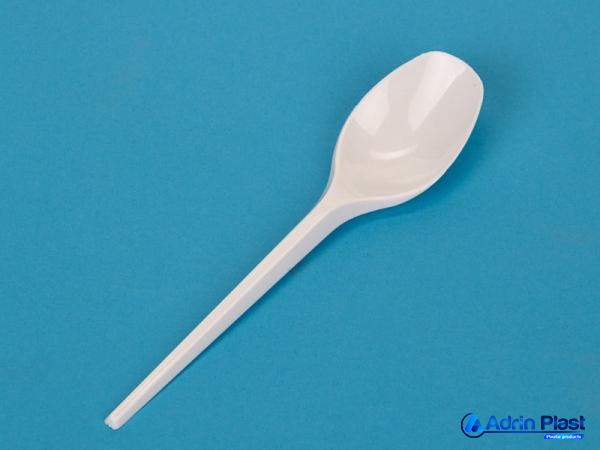 For example, disposable tasting spoons made from high-quality clear plastic are commonly used in food sampling events or product demonstrations. Similarly, long-handled iced tea spoons are favored in cafes or food establishments that offer cold beverages with toppings like ice cream or whipped cream. Specialty spoons cater to unique culinary experiences and enhance customer satisfaction. Conclusion: Selecting the right plastic spoon type for your business is crucial for optimizing efficiency, customer experience, and sustainability efforts. Understanding the various options available, from basic to heavyweight, disposable to ecologically friendly, and specialty spoons, is paramount. When making your decision, consider factors such as durability, cost-effectiveness, aesthetic appeal, and eco-friendliness. By investing in the right plastic spoon type, you can ensure smoother operations, reduce environmental impact, and maintain customer satisfaction.In addition to considering the various plastic spoon types, it is also important to evaluate the suppliers or manufacturers that provide these products. Look for reputable companies with a track record of producing high-quality and safe plastic spoons. When selecting a supplier, consider the following factors: 1. Compliance with Food Safety Regulations: Ensure that the supplier follows strict food safety guidelines and complies with relevant regulations. Look for certifications such as FDA approval to guarantee that the plastic spoons are safe for use with food.
For example, disposable tasting spoons made from high-quality clear plastic are commonly used in food sampling events or product demonstrations. Similarly, long-handled iced tea spoons are favored in cafes or food establishments that offer cold beverages with toppings like ice cream or whipped cream. Specialty spoons cater to unique culinary experiences and enhance customer satisfaction. Conclusion: Selecting the right plastic spoon type for your business is crucial for optimizing efficiency, customer experience, and sustainability efforts. Understanding the various options available, from basic to heavyweight, disposable to ecologically friendly, and specialty spoons, is paramount. When making your decision, consider factors such as durability, cost-effectiveness, aesthetic appeal, and eco-friendliness. By investing in the right plastic spoon type, you can ensure smoother operations, reduce environmental impact, and maintain customer satisfaction.In addition to considering the various plastic spoon types, it is also important to evaluate the suppliers or manufacturers that provide these products. Look for reputable companies with a track record of producing high-quality and safe plastic spoons. When selecting a supplier, consider the following factors: 1. Compliance with Food Safety Regulations: Ensure that the supplier follows strict food safety guidelines and complies with relevant regulations. Look for certifications such as FDA approval to guarantee that the plastic spoons are safe for use with food.
…
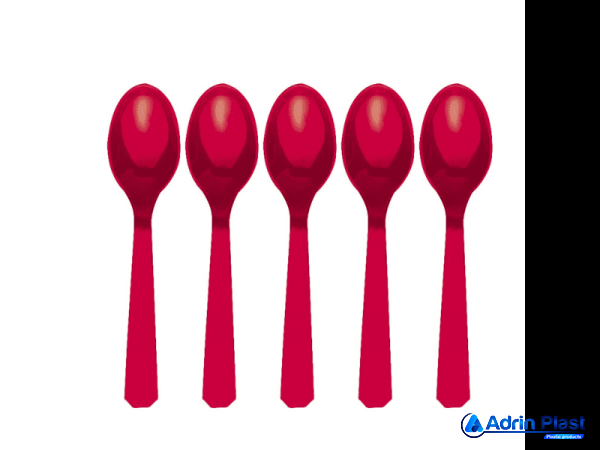 2. Quality Control: A supplier with robust quality control systems in place will ensure consistent product quality. This includes adherence to proper manufacturing processes and use of high-quality materials. 3. Customization Options: Depending on your needs, you may want to explore suppliers that offer customization options. This could involve personalized branding on the spoons or unique design features to align with your business identity. 4. Pricing and Order Volume: Compare prices from different suppliers to ensure you are getting the best value for your money. Some suppliers may offer discounts for bulk orders, so consider your anticipated volume requirements. 5. Environmental Considerations: If sustainability is a priority for your business, look for suppliers that offer biodegradable or compostable plastic spoons. This can help reduce plastic waste and align with your eco-friendly goals. To make an informed decision, consider consulting with industry professionals, attending trade shows, or reading reviews and testimonials from other businesses that have purchased from the supplier. In conclusion, selecting the right plastic spoon type for your business involves understanding the different options available and evaluating suppliers based on factors such as compliance with food safety regulations, quality control, customization options, pricing, and environmental considerations. By making a well-informed choice, you can ensure that your business operates efficiently, meets customer needs, and demonstrates a commitment to sustainability.
2. Quality Control: A supplier with robust quality control systems in place will ensure consistent product quality. This includes adherence to proper manufacturing processes and use of high-quality materials. 3. Customization Options: Depending on your needs, you may want to explore suppliers that offer customization options. This could involve personalized branding on the spoons or unique design features to align with your business identity. 4. Pricing and Order Volume: Compare prices from different suppliers to ensure you are getting the best value for your money. Some suppliers may offer discounts for bulk orders, so consider your anticipated volume requirements. 5. Environmental Considerations: If sustainability is a priority for your business, look for suppliers that offer biodegradable or compostable plastic spoons. This can help reduce plastic waste and align with your eco-friendly goals. To make an informed decision, consider consulting with industry professionals, attending trade shows, or reading reviews and testimonials from other businesses that have purchased from the supplier. In conclusion, selecting the right plastic spoon type for your business involves understanding the different options available and evaluating suppliers based on factors such as compliance with food safety regulations, quality control, customization options, pricing, and environmental considerations. By making a well-informed choice, you can ensure that your business operates efficiently, meets customer needs, and demonstrates a commitment to sustainability.
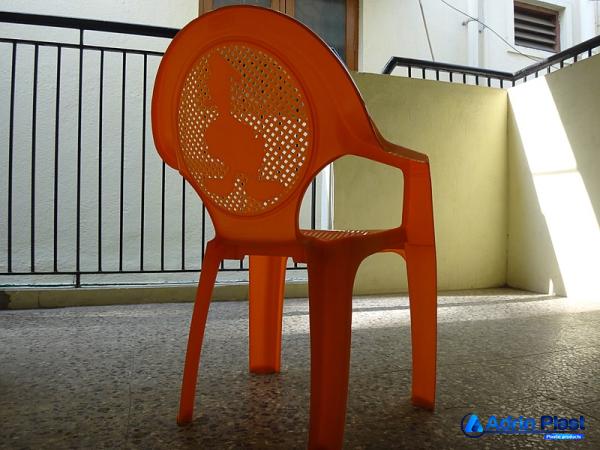
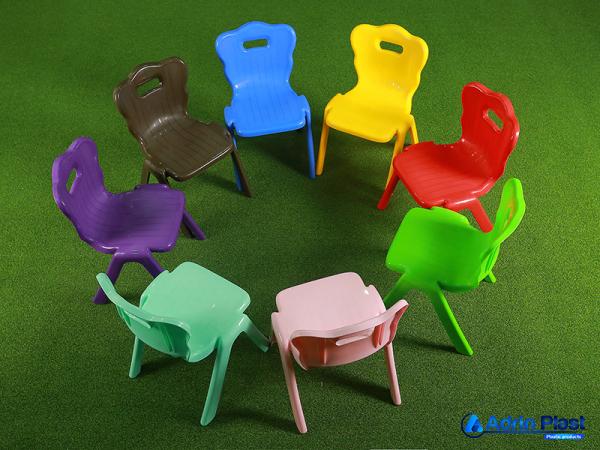
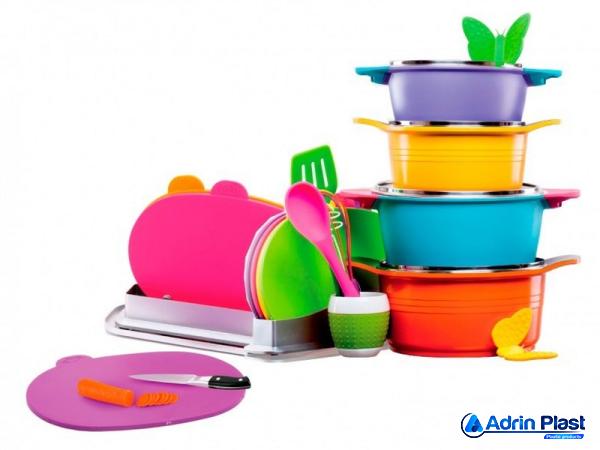
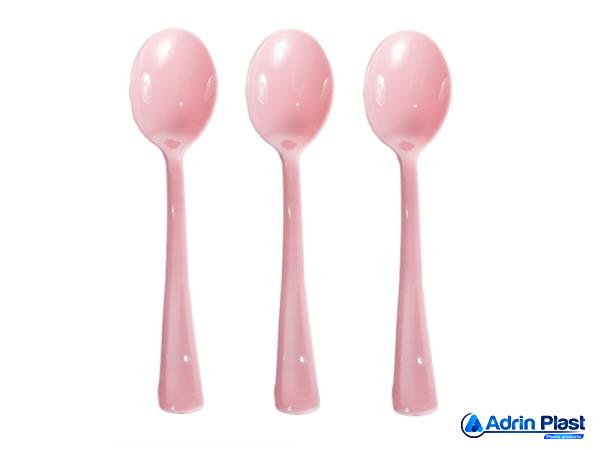
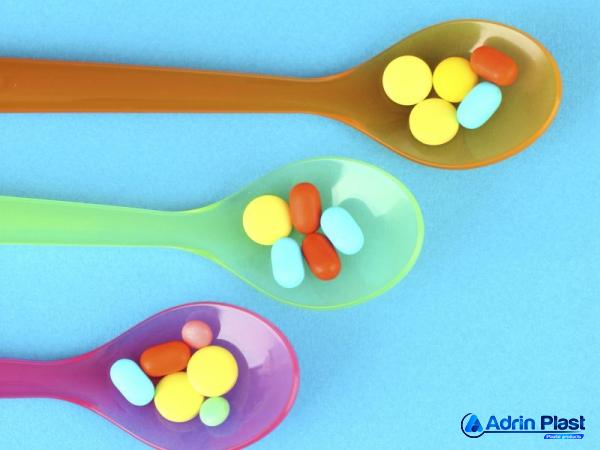
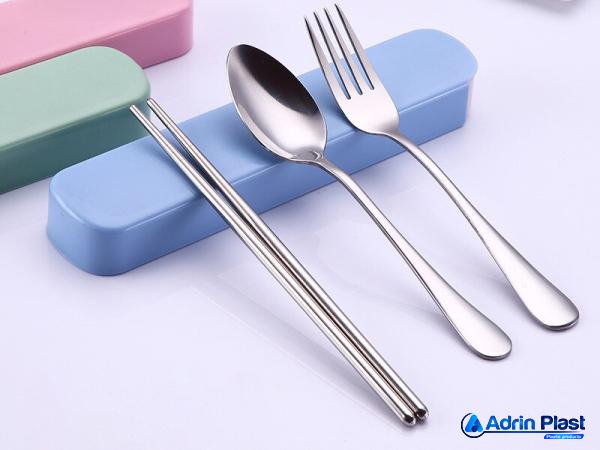
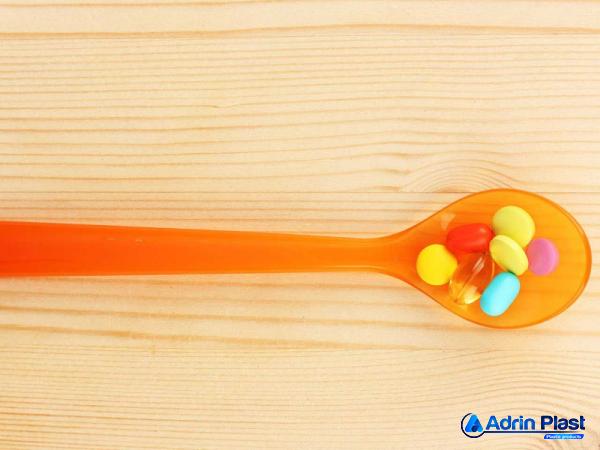
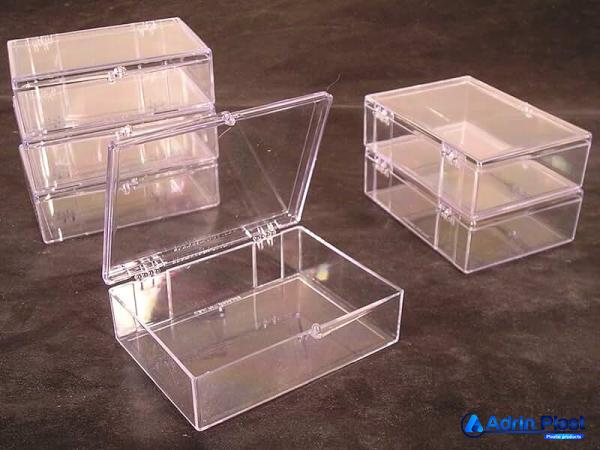
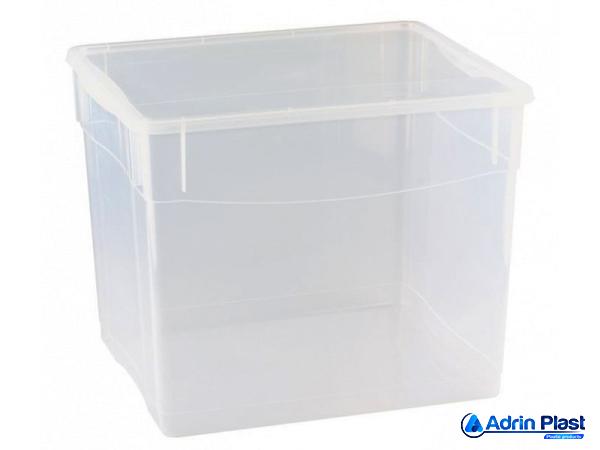

Your comment submitted.